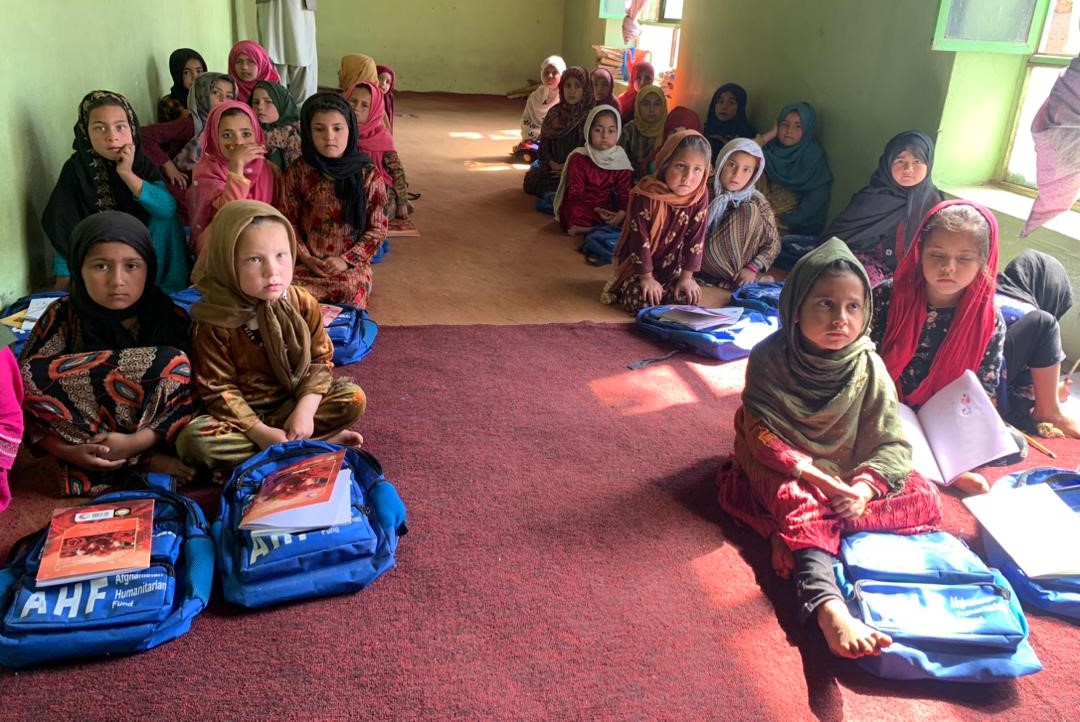
The project aims to reach 7,500 children (3,750 girls) in two provinces Nangarhar in eastern region and Kunduz Northeastern region of Afghanistan, within the HRP 2021 targeted 1 million children (girls- 400,000, boys- 600000), who are affected by the disaster, conflicts and displacement. The project focuses on ensuring access to inclusive, safe and quality education to the targeted out of school children through establishment of Temporary Learning Spaces (TLSs) and Community Based Education (CBE) classes in the targeted host communities, returnees, internally displaced people (IDP). The project will also build the capacity of 250 teachers (at least 50% female) (formal schools and TLSs classes) on education in teaching methodology and child protection (i.e. psycho-social support, children safeguarding support on displacement and abuse free environment for children etc.). Additionally, the training will also involve capacity building of thirty educational personal on EiE information management system including preparedness and response planning and strengthened capacity to fulfill their responsibility.
The project will also establish, and support 250 TLSs classes facilitated by 250 teachers with priority to hire and train more female teachers (at least 50% female teachers). The project will provide 7500 (3750 girls) out of school children with quality, inclusive and protective basic education opportunity. Through this project AREP in coordination with stakeholders will target around 500 smaller urban or rural settlements where IDPs and returnee’s including host community are settled and will establish a school Shura per center to improve students and teacher’s attendance, security, child protection, inclusiveness, functionality and quality education. Each School Shura will have 5-7 member with a priority to female activists and they will be oriented about their role and responsibility.
Standards of quality education will be met through following Ministry of Education (MoE)’s curriculum text books and equipping the planned number of teachers with methodology skills, teacher kits to effectively facilitate the teaching and learning process, and provision of spaces to at least meet the minimum standards identified through Inter-Agency Network for Education in Emergency (INEE), EiE Teacher Training Manual and MoE standardized teacher training manual (TTM).
The project will facilitate access to quality inclusive education in a safe environment for the targeted out of school children for one year who will be encouraged, enrolled and registered to Afghanistan education system in case required capacity are available in nearest government school. The project will also enable them to pursue their education beyond the project duration by issuing them the roll (asaas) number. Based on the project exit strategy they will be mainstreamed to the existing formal education system to ensure these children continue their education beyond the project either in their place of origin or in their existing residence areas.
In order to meet the need of entire out of school children in the targeted areas, AREP will also address needs of disabled children through providing special education materials and create enabling environment within the classes or in case there are sufficient number of children in each disabled category special classes will be establish to serve those children through sign language and brail and the required and updated support will be received from specialty school supported by other NGOs and government.